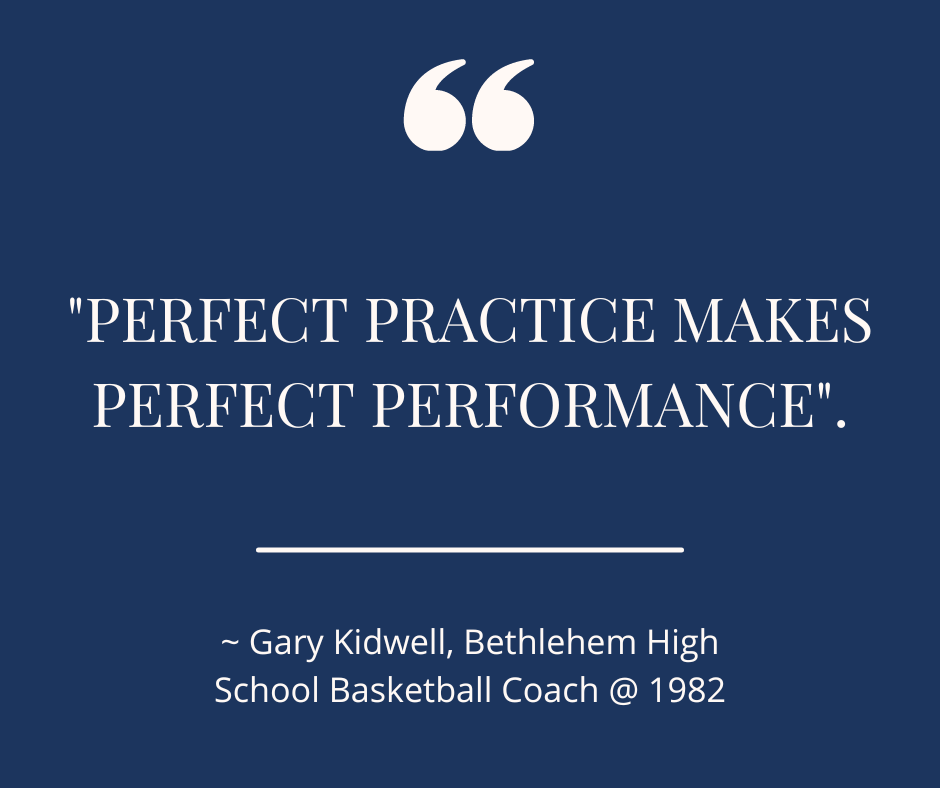
I think I would have had a real fear of public speaking had I not had braces at the age of 12. My teeth were totally jacked up; with an overbite on one side and an underbite on the other, they were simply hideous and had me on a path toward future dental distress. I had become very self-conscious about my smile and often covered my mouth when I laughed. My parents recognized that I had begun to behave this way and shy away from engaging with people, and they had the wherewithal to seek orthodontic treatment. My teeth were so crooked, I had to have four teeth pulled to simply create enough space for the braces and after the braces came off, I had to have all my wisdom teeth pulled when I was 17. Overcrowding was my enemy! Those braces I had between 13 and 16 took my latent gregarious personality and allowed it to flourish!
Perhaps you hate public speaking; 73 percent of all people do which is ¾ of the planet’s inhabitants or over 10 million people. In fact, public speaking is ahead of death, spiders and heights as the top fears everyone faces. Those figures are, to me, astonishing since death, spiders and heights seem to get a whole lot more press than public speaking.
What happens to you before a public engagement, before you take the stage or stand behind a microphone? Do you sweat in multiple, unmentionable places on your body? Do you get those butterflies in your stomach or worse, experience other unseemly body sensations? Some people actually faint or experience a deadening in their legs, likened to temporary paralysis. Fear of public speaking is a very real sensation that may manifest itself physically and can certainly take a toll on you emotionally. Some people simply seem to handle it better than others.
The best way to overcome the fear of public speaking is to face it head on, and simply do it more often. I recognize this is quite terrifying to many but it’s true. I am inclined to do it more often IF you plan for it. And it’s not only larger groups of people where public speaking skills can be leveraged; good publicity speaking skills can be leveraged to promote yourself or your ideas for a better workplace or at family holiday events to keep the peace or insight a feud, whichever is your goal.
1. Set your goals.
First, Consider the outcomes you want from the engagement as you prepare your notes or slides. Anticipate what the audience might say in return to the points you plan to make and adjust them accordingly. Play out a few scenarios in your head so that you are ready for the engagement. And be an active listener in the engagement, responding to the others’ concerns or suggestions.
2. Know your audience.
Put yourself in their shoes and consider how they will respond to what you’re saying to them. Your audience might be a group of your peers, your boss, or your family, including that stubborn, politically opposing uncle. The same approach for one group is probably not the same approach that will work for the other. Think about how your audience will receive what you are trying to convey; if what you say sounds. Always start on a positive note and always be honest.
3. Practice
Three, practice, practice, practice. And I don’t just mean practice once or practice twice, but practice multiple times. I usually find myself in front of the bathroom mirror, rehearsing my lines and transitions. Practice using language you find most comfortable; if what you want to convey is not in the vernacular that you typically use, you will stutter, stammer and lose your composure, which will detract from your message. My high school basketball coach said, “Perfect practice makes perfect performance.” I distinctly remember Coach Kidwell drawing Xs and Os on the chalkboard as he talked about anticipating the play and moving with purpose, OVER AND OVER AGAIN. You may not achieve perfection on the first try, but you will get closer and closer each time you do practice.
So set your goals, develop the key points you want to convey and practice so that you’re confident going into your next public speaking engagement.
